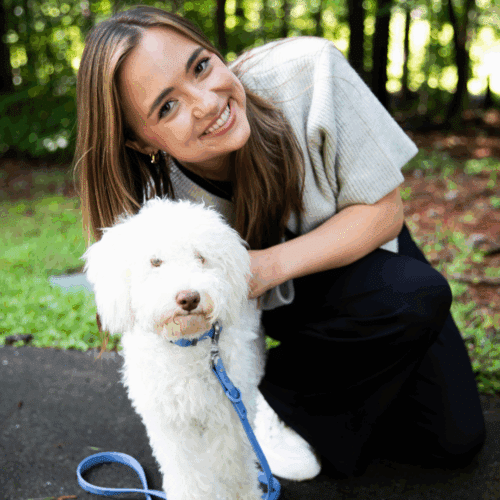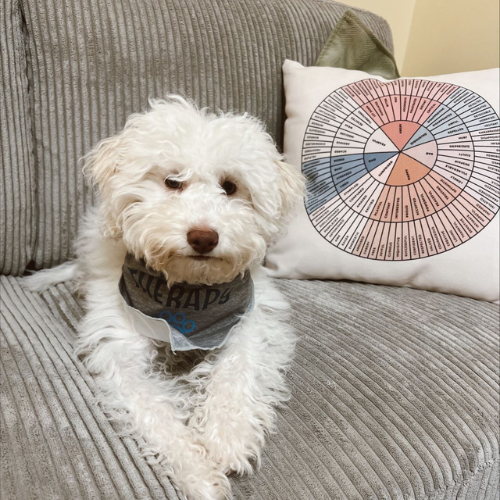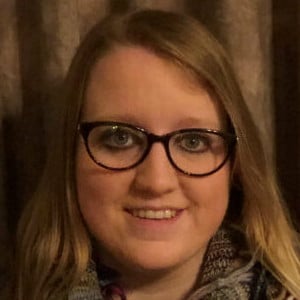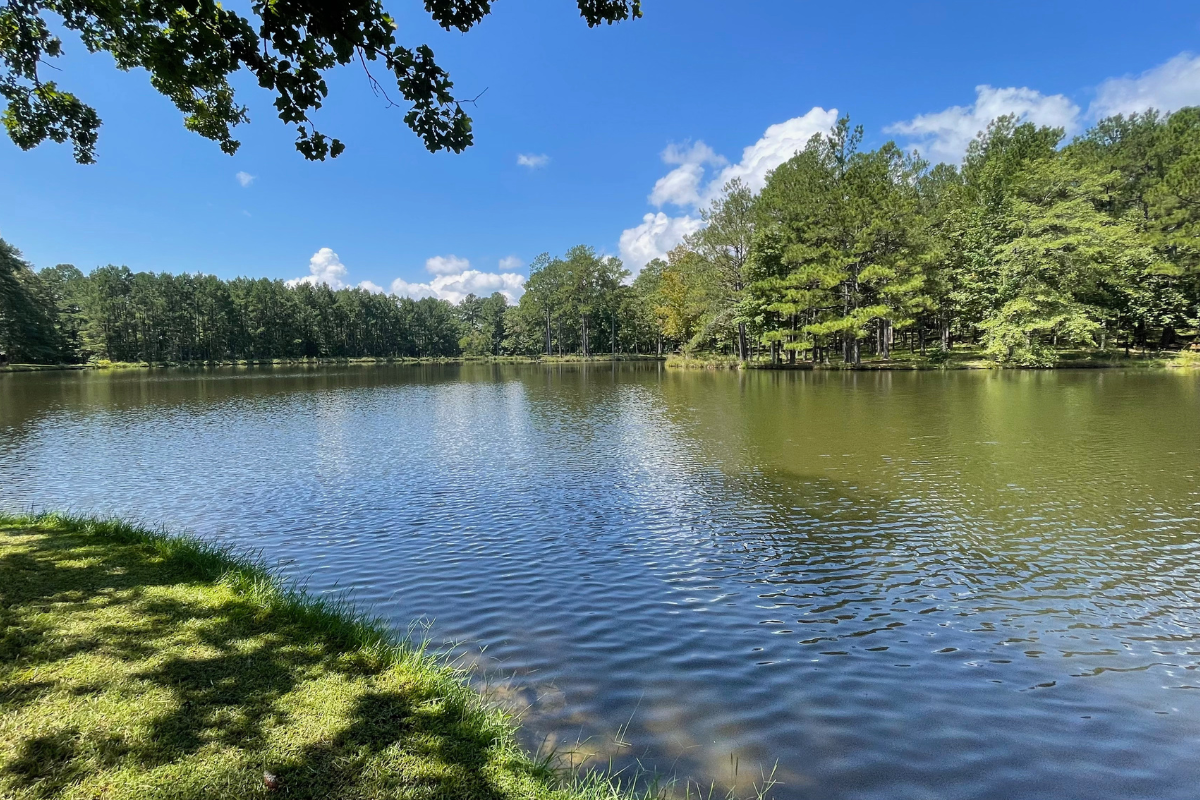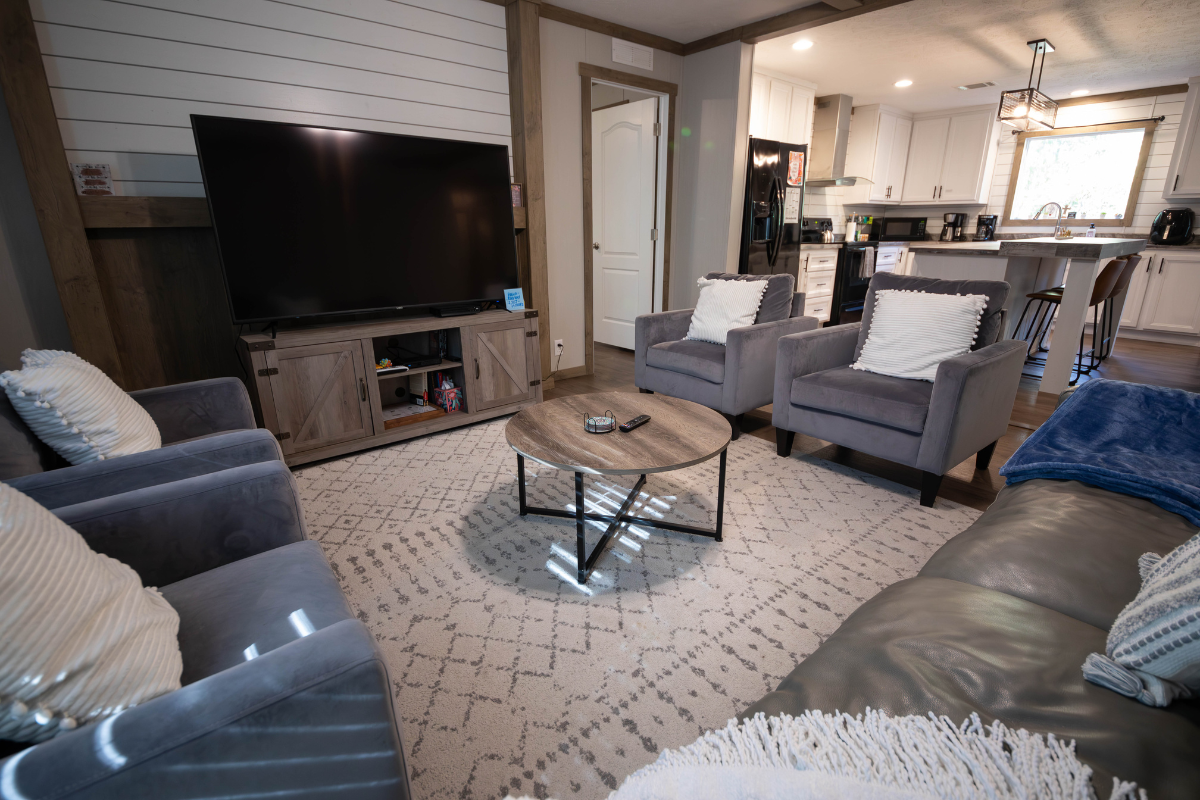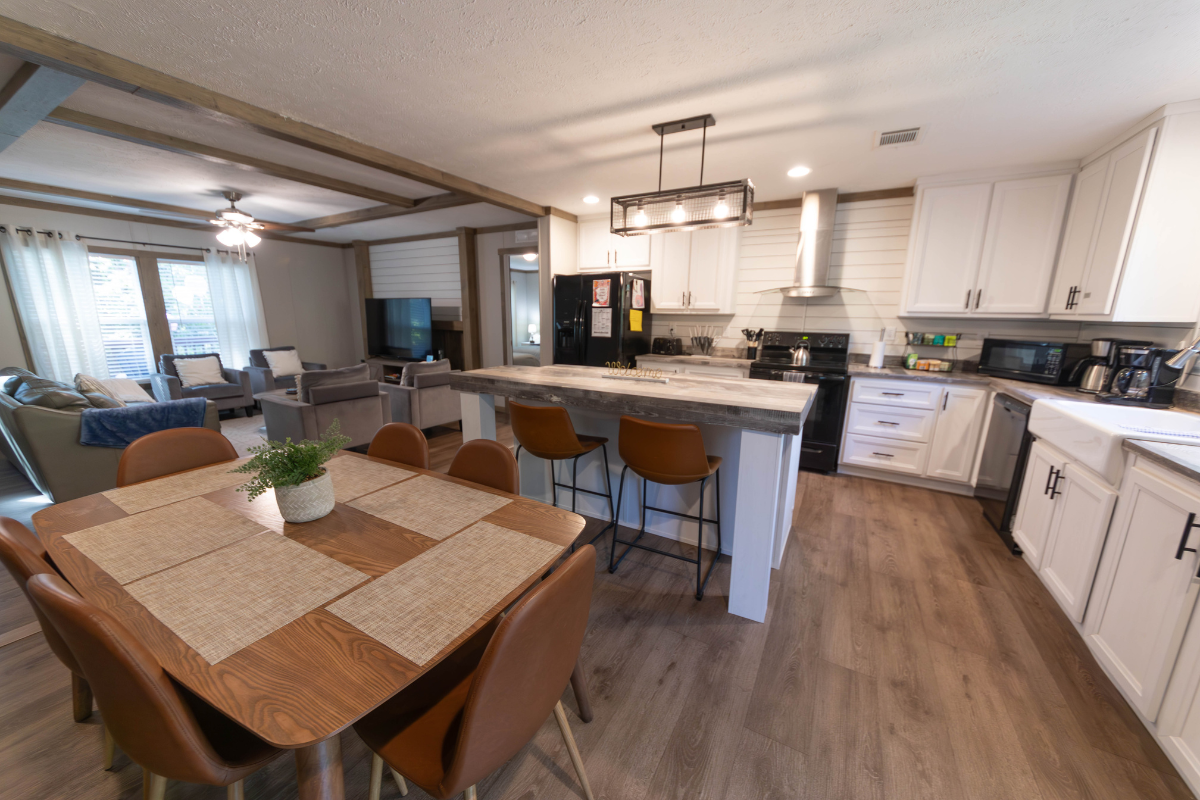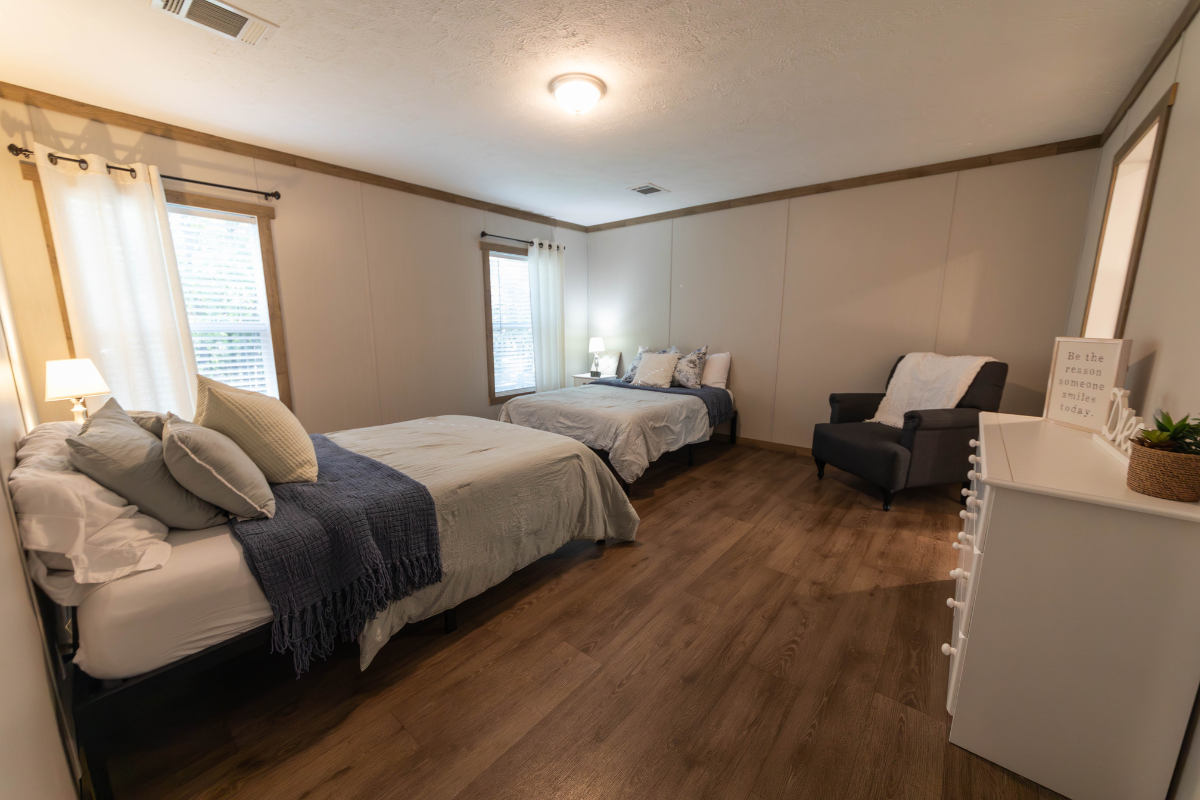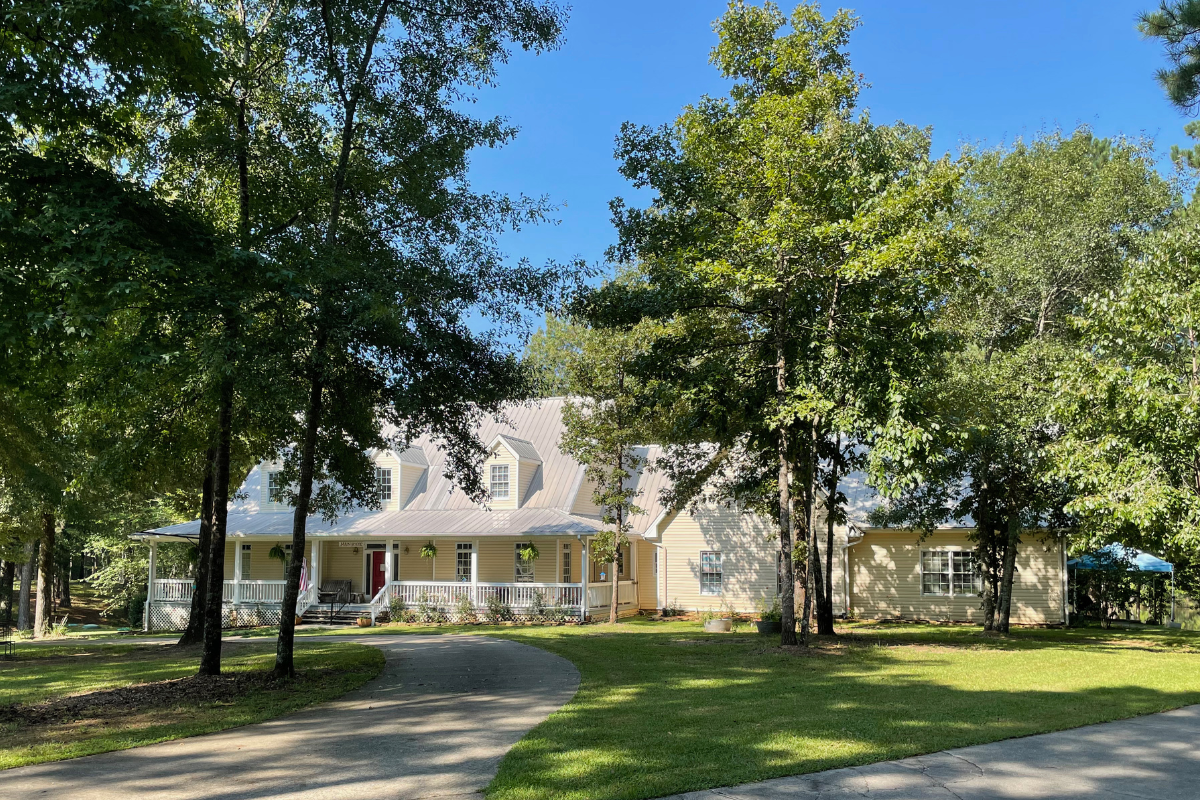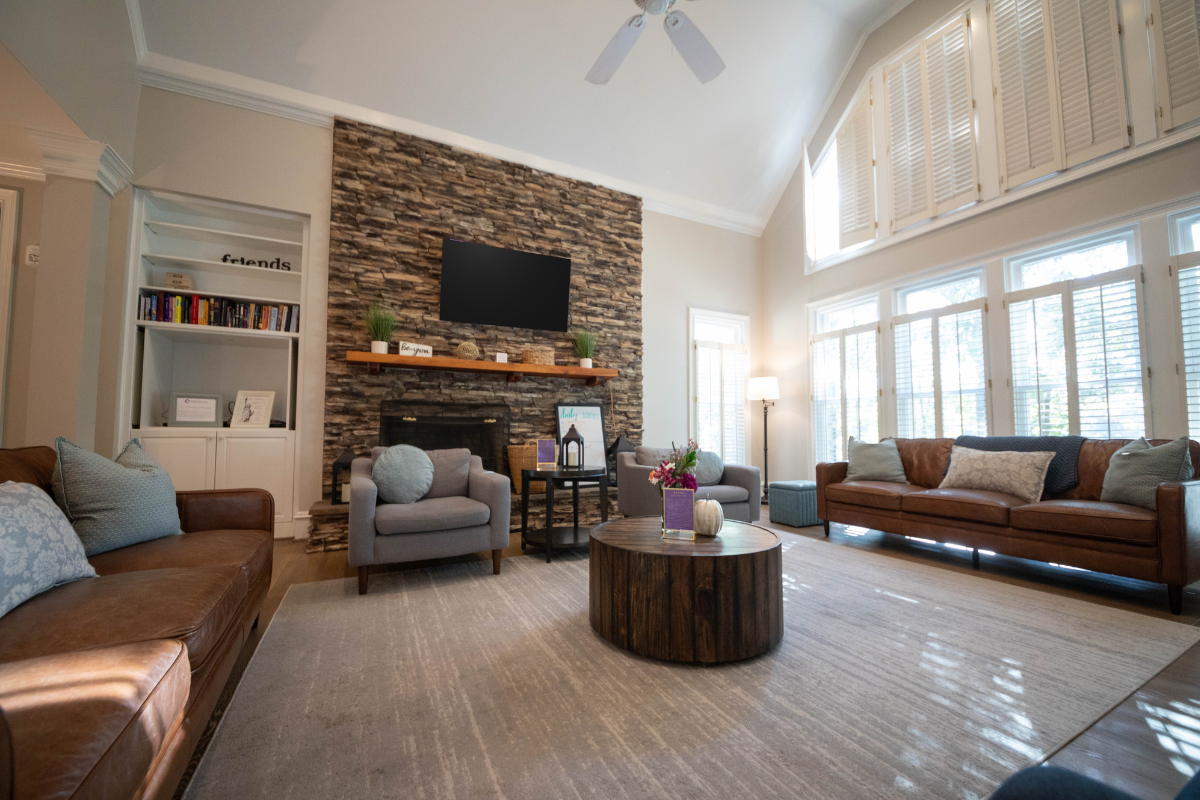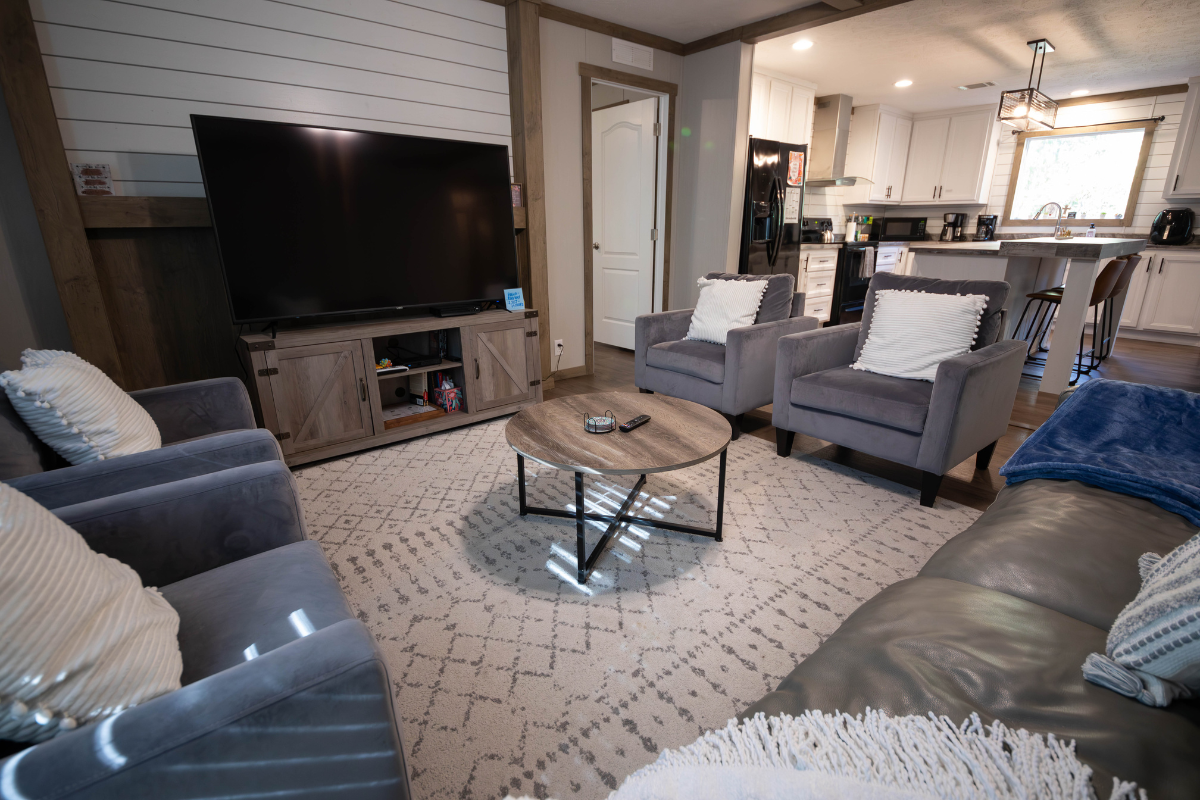Family Therapy
Family therapy helps families reconnect, rebuild and strengthen support systems to move forward — together. Because healing begins at home.
Family therapy at Magnolia Creek
Eating disorders impact the whole family, and healing involves everyone. At Magnolia Creek, we engage families through education, support, and evidence-based therapies, including DBT and CBT. Our approach focuses on strengthening communication, understanding triggers, and building a supportive environment — helping families work together to break unhealthy patterns and foster lasting recovery and resilience. Family involvement is key to transforming both relationships and recovery from disordered eating.

What is family therapy?
Family therapy is a collaborative, evidence-based approach that helps families improve communication, resolve conflict, and support a loved one’s mental health or eating disorder recovery. By addressing relational dynamics and shared patterns, family therapy strengthens connection, promotes healing, and empowers lasting change within the family system.
Families who participate in therapy during eating disorder treatment often see stronger communication, fewer relapses, and better long-term outcomes.
How family therapy supports eating disorder recovery
Family therapy plays a vital role in eating disorder recovery at Magnolia Creek. It helps loved ones better understand the thoughts, emotions, and patterns behind disordered eating.
Benefits of family therapy include:
- Strengthening communication and rebuilding connection
- Addressing family dynamics that may impact recovery
- Providing education on eating disorders and mental health
- Equipping families with tools to offer effective support
- Creating a supportive home environment for sustained healing
Family therapy offers more than insight — it opens the door to transformation. With guidance and support, families become active partners in recovery, helping build the trust, stability, and understanding essential for lasting change.
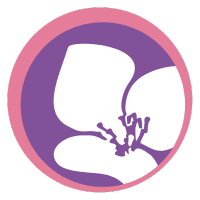
The Magnolia Creek Difference
We provide whole-person, evidence-based care that extends beyond symptom relief. Through culinary integration, co-occurring disorder treatment, and ongoing support, we help clients develop a strong foundation for lasting recovery at every stage of their journey.
Step into healing at your own pace.
Magnolia Creek offers two distinct levels of care — residential treatment and partial hospitalization — with a focus on tailoring each client’s treatment plan to their unique diagnosis and recovery goals.
Renew your hope at Magnolia Creek.
Contact us today or complete our form to connect with an admissions specialist who will guide you to the right program. Healing is just a call away.
Your privacy is our priority. All communication is completely confidential.




